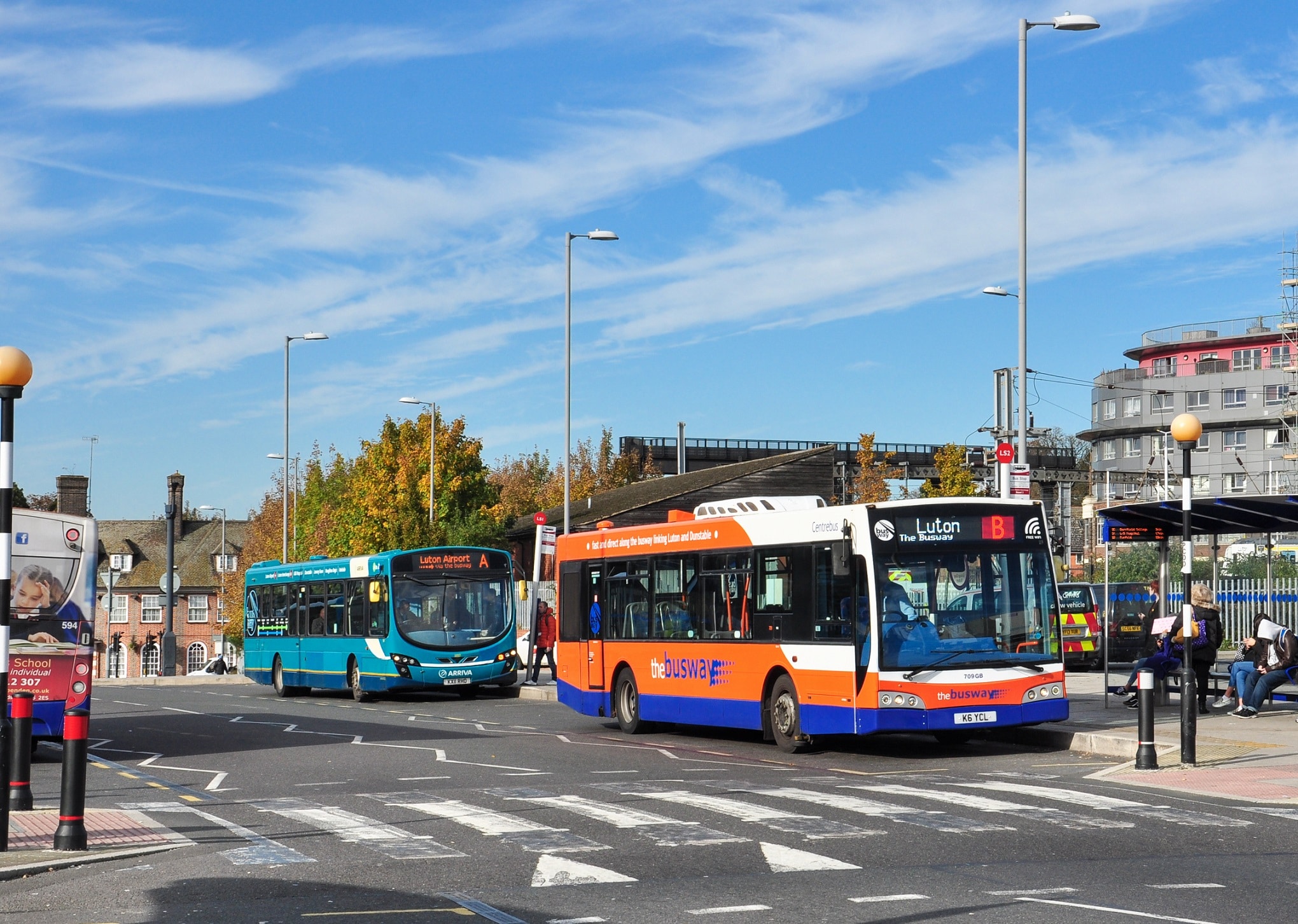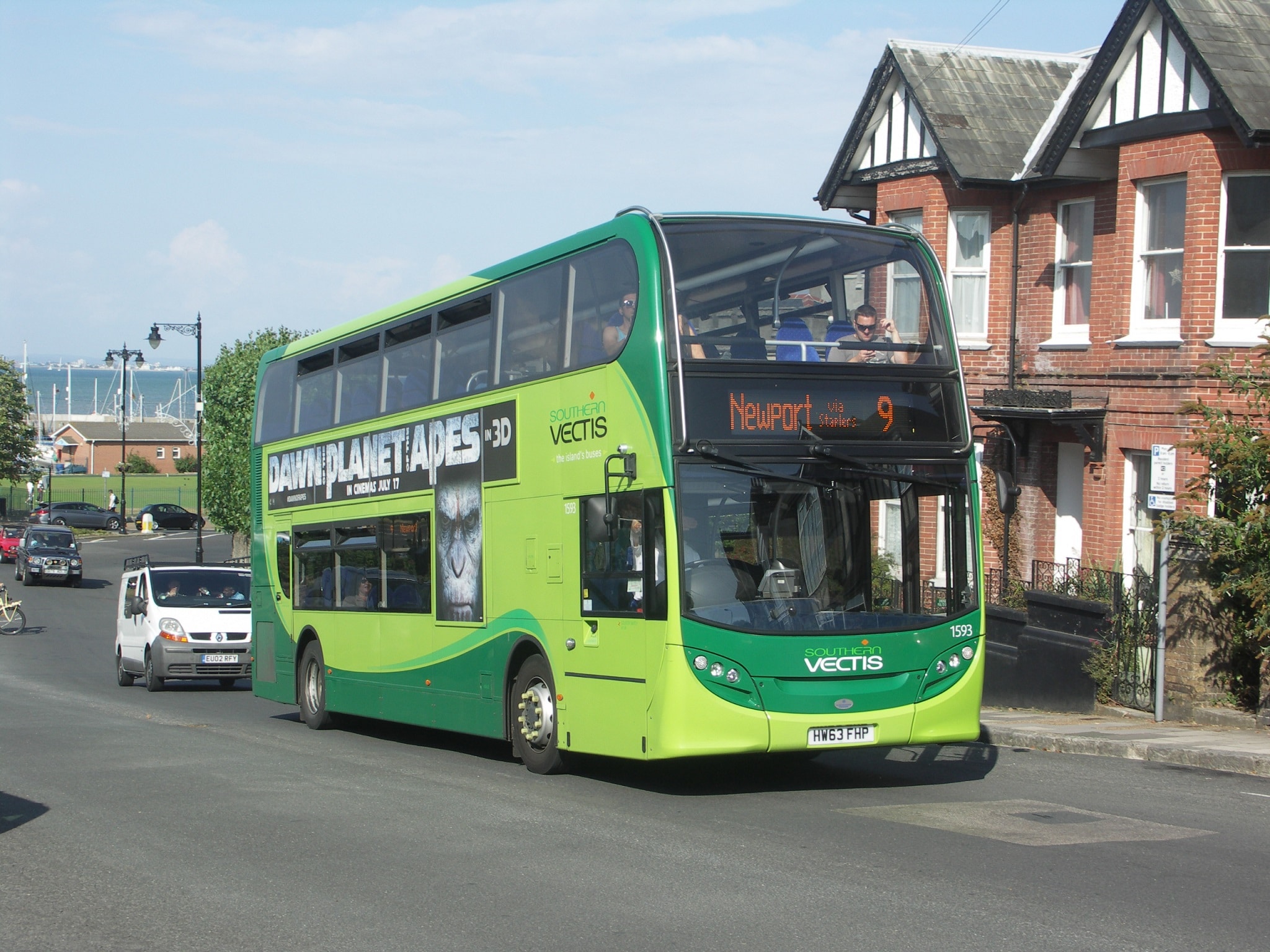Bus service levels in England during the current period of movement restrictions are expected by the Department for Transport (DfT) to be “noticeably lower than pre-lockdown,” DfT Director, Local Transport Stephen Fidler has told operators.
In a letter dated 13 January, Mr Fidler says that it is “vital that service levels and patterns reflect reduced patronage, serve the right destinations without encouraging unnecessary travel… and represent value for money.”
DfT wants minimum bus service levels to support essential journeys
To that end, DfT wants to see a minimum level of service provision that can safely support essential journeys. Planning should also consider “efficient increases in capacity” when restrictions are eased, although they are “likely to be in place until the end of February at the earliest,” says Mr Fidler.
Testing and vaccination centres are among the destinations that must be easily accessible by bus, he continues.
It remains the case that operators in England that are in receipt of Coronavirus Bus Services Support Grant (CBSSG) are required to work closely with relevant local authorities (LAs) in deciding service levels. That dialogue should also involve agreement on the prioritisation of routes to be served in the case of significant staff absence.
In a step that underlines the importance placed by DfT on that collaboration, operators that have received CBSSG will soon be contacted and asked to confirm that that they have worked with the relevant LAs when reviewing service levels. When replying, they will be required to identify their LA contacts. If the LA has been uncooperative, there is scope for that to be explained.
LAs expected to play their part in facilitating rapid changes
LAs are expected by DfT to support operators in making rapid changes to timetables. Through an updated advice document issued on 14 January, the Traffic Commissioners activated an emergency procedure in England that reduces the overall notice period for pandemic-related temporary service variations to three working days, although it permits agreement between operators and LAs to be reached sooner.
Mr Fidler has also asked LAs that make ENCTS payments to maintain them. However, under guidance issued in November 2020, the level of that reimbursement may be reduced to match the service level that is provided, should the LA wish.
Reductions in service levels in both Scotland and Wales have also been introduced by operators as part of movement restrictions enforced by respective devolved governments.

























